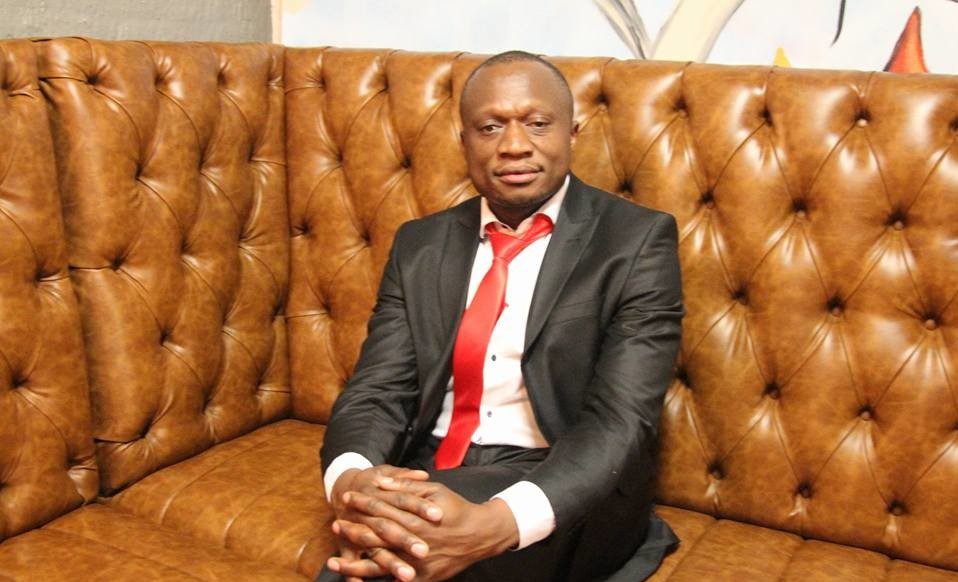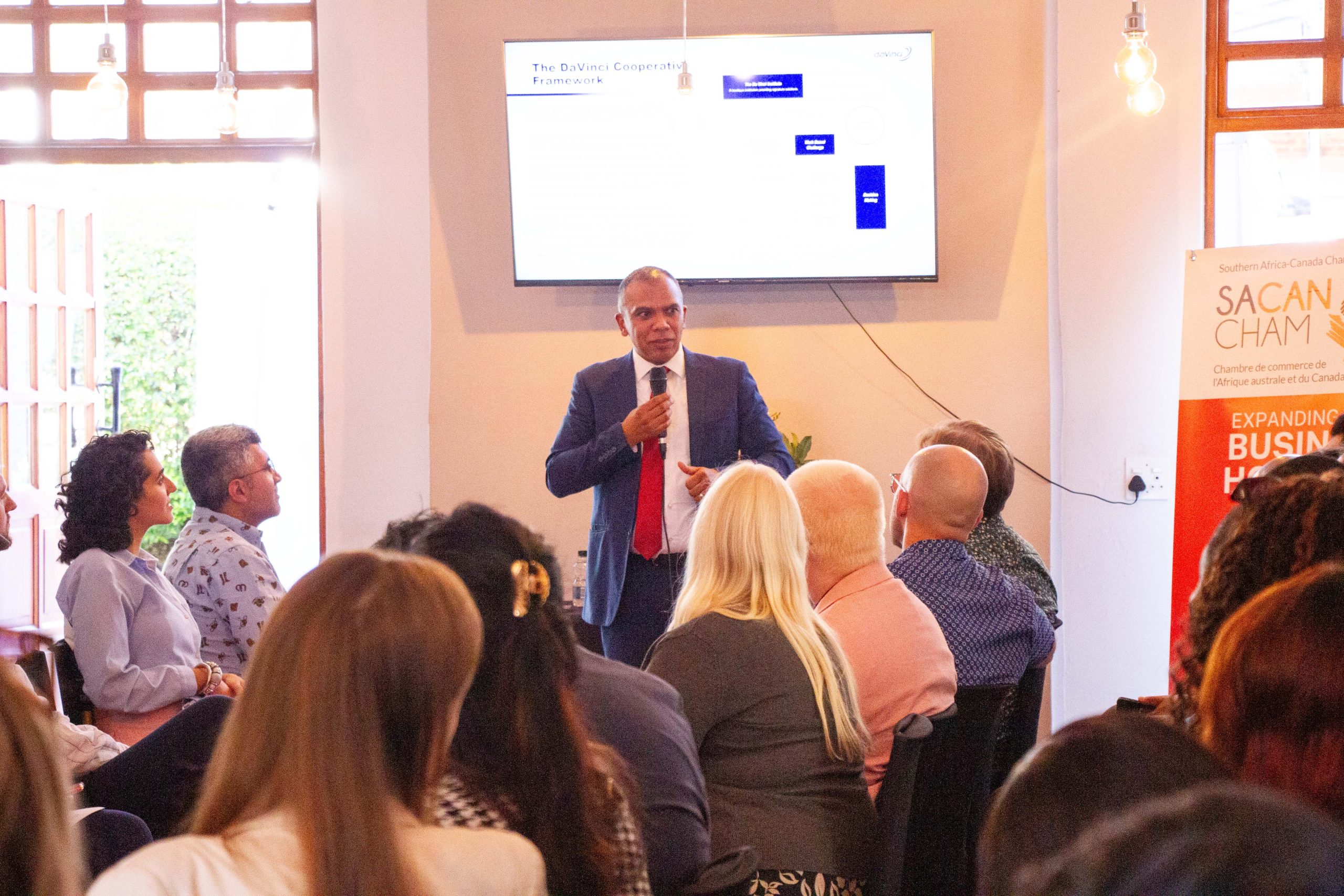Leadership in the Science, Technology, Engineering, and Mathematics (STEM) fields remains a critical yet underdeveloped area, particularly in South Africa. Dr Justin Grant Martens’ doctoral thesis (2019) at The DaVinci Institute explored why leadership and followership are often overlooked in STEM training and careers. It developed a framework to address this gap. The study positioned leadership not just as a technical requirement, but as a human-centred capability essential for innovation, sustainability, and organisational success.
Research Problem and Context
STEM professionals are trained to solve technical problems but often lack preparation for people-oriented leadership. At Van Reenen Steel (VRS), where the study was based, weak leadership led to staff turnover, loss of corporate memory, and risks to long-term business sustainability. This highlighted the urgency of creating a leadership framework that addresses both technical and interpersonal dimensions.
Methodological Approach
The study adopted a constructivist grounded theory methodology, specifically following Charmaz’s (2006) approach. Data was gathered through:
- Thirteen in-depth interviews with STEM professionals
- A case study at VRS
- Observations and surveys
- A “listening post” with an external group of STEMs for comparison
- This multi-method design allowed for triangulation of perspectives and deeper insights into leadership challenges.
Key Findings
The research identified several barriers and insights:
- Leadership resistance: STEM professionals often resist leadership roles due to cultural, organisational, and personal biases.
- Paradoxical followership: Many STEMs show dedication to tasks but struggle with relational aspects of followership, sometimes becoming resistant team members.
- Cognitive biases: The Dunning-Kruger effect and “engineering ego” often distorted perceptions between STEMs and non-STEM colleagues.
- Multiple intelligences: Technical leadership is not only about IQ but also requires emotional intelligence (EQ) and cultural intelligence (CQ).
The STerractEM Framework
The central contribution of the study is the creation of the STerractEM framework – a multidimensional model designed to develop leadership among STEM professionals. It incorporates three core categories:
- STEMs vs. Others – bridging communication and perception gaps.
- Leader vs. Follower – recognising the interplay between both roles.
- Trust vs. Distrust (RSA) – addressing South Africa’s cultural and historical trust challenges.
The framework emphasises balance between IQ, EQ, and CQ, and serves as a practical reminder tool, adaptable to workplaces such as offices, boardrooms, and digital platforms.
Contributions of the Study
- Exposed the unique leadership challenges within South African STEM environments.
- Developed a practical, visual framework (STerractEM) for leadership development.
- Highlighted the role of soft skills in enabling innovation and teamwork.
- Provided cultural insights specific to South Africa, including the impact of distrust and diverse worldviews on leadership effectiveness.
Limitations
The study was limited by its context-specific focus on VRS and a small sample size. While the framework offers valuable insights, its transferability to other industries or countries requires further validation.
Conclusion
Dr Martens’ work underscores that effective STEM leadership requires more than technical mastery; it demands emotional awareness, cultural sensitivity, and the ability to navigate complex leader-follower dynamics. By framing these insights in the STerractEM model, the thesis provides a practical and contextually relevant tool to strengthen leadership in South Africa’s STEM fields, ultimately supporting innovation and sustainable growth.




Leave a Reply